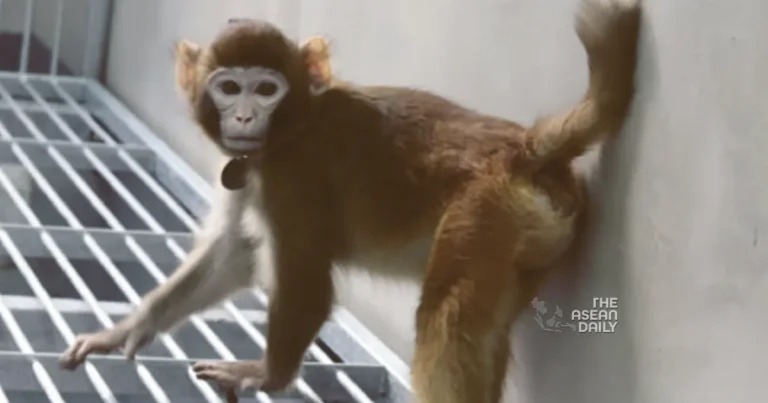17-1-2024 (BEIJING) Chinese scientists announced that they have successfully cloned the first healthy rhesus monkey, a two-year-old named Retro. The achievement marks a significant leap in primate cloning, overcoming the challenges that have plagued researchers for years.
The scientists, led by Qiang Sun from the Chinese Academy of Sciences Institute of Neuroscience in Shanghai, achieved success by refining the process used for cloning Dolly the sheep. Primates, including monkeys, have presented unique difficulties in the cloning process, and previous attempts faced a high rate of failure.
The breakthrough involved replacing the cloned cells responsible for forming the placenta with cells from a normal embryo. This innovative approach aims to enhance the success rate of cloning primates, specifically rhesus monkeys, which can be crucial for advancing medical research.
While the scientists hope that their technique will pave the way for the creation of identical rhesus monkeys for experimental purposes, concerns have been raised by outside researchers. They caution that the success rate with the new method remains relatively low, and ethical questions surrounding cloning persist.
Since Dolly the sheep was cloned in 1996 using somatic cell nuclear transfer (SCNT), more than 20 different animal species, including dogs, cats, pigs, and cattle, have been successfully cloned using this process. However, cloning primates using SCNT proved challenging until 2018 when identical crab-eating macaques, Hua Hua and Zhong Zhong, were created with limited success.
In the recent research published in the journal Nature Communications, the team addressed previous challenges in rhesus monkey cloning. The study revealed that abnormal placentas in cloned embryos were a major hurdle. By replacing these cells, known as trophoblast cells, with healthy ones from a non-cloned embryo, the scientists significantly improved the success rate of cloning, resulting in the birth of Retro.
Despite the achievement, critics, including Lluis Montoliu from the Spanish National Centre for Biotechnology, pointed out that the success rate for the new technique was less than 1%, as only one out of 113 initial embryos survived.
While advancements in primate cloning hold promise for medical research, ethical concerns persist. Researchers emphasize that human cloning is deemed “unacceptable” under any circumstances. The focus remains on using primate cloning to study diseases and test drugs, with the hope that further innovations will increase efficiency and success rates in the future.




